
Feeding Horses on Stall Rest
Take steps to manage your horse’s weight and behavior while he’s cooped up.

Take steps to manage your horse’s weight and behavior while he’s cooped up.
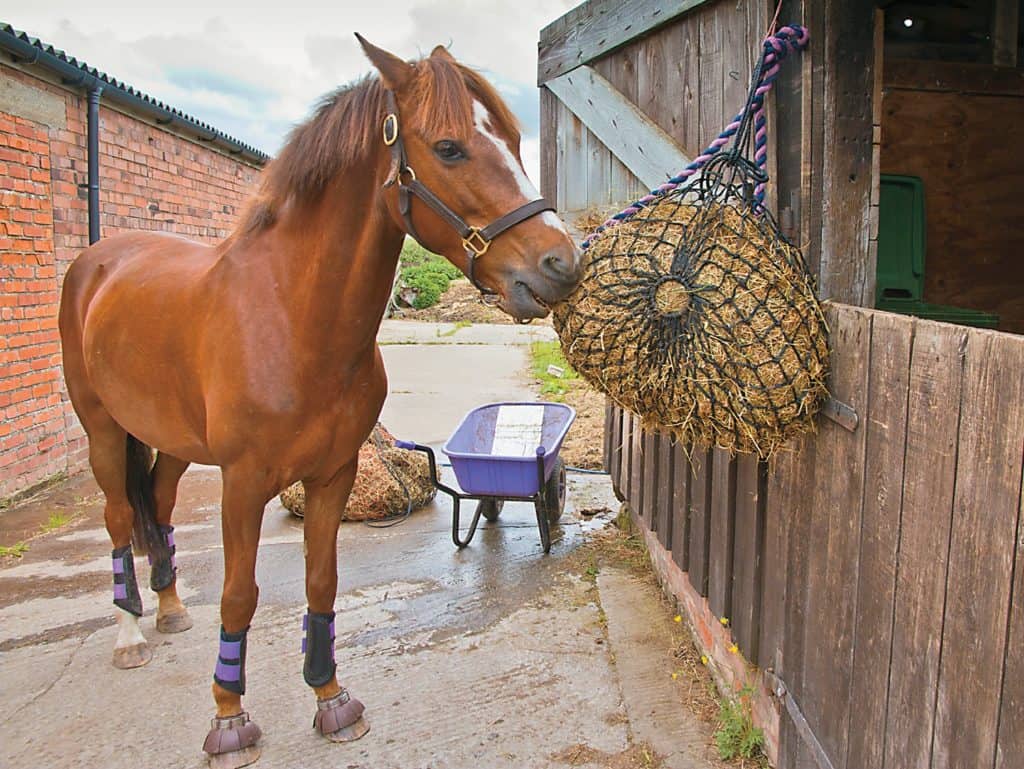
Common feeding practices could be causing your horse’s stomach acid levels to rise.

Horses that don’t compete aren’t immune to gastric ulcer formation. Here’s what to watch for.
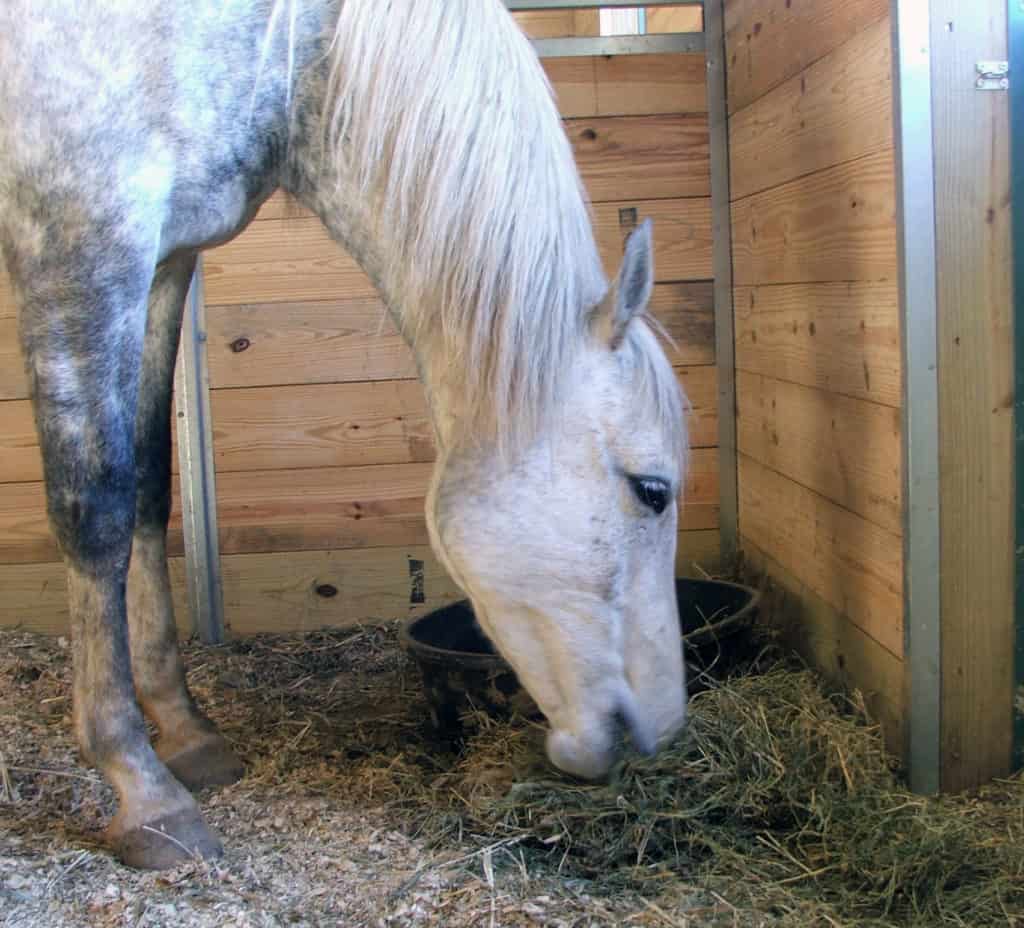
A brief period of fasting prior to omeprazole administration could help maximize drug absorption and, thus, efficacy.
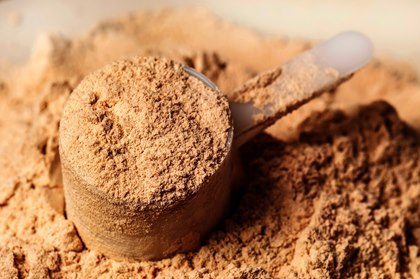
What do probiotics and their counterparts–prebiotics–do for horses? Here’s what the current research says.

Learn about special characteristics of each part of the horse’s digestive tract and different medical conditions that can develop there.

These findings help us better understand how and why horses’ teeth wear as they do, researchers said.

Colic incidence is relatively low, affecting only about 3% of the Kenyan equine population each year. But researchers say that figure doesn’t include many cases not reported to vets and treated with home remedies.

Special maintenance and nutrition can help your horse get back to (and stay in) good health after a colic episode.

Many gastric-support supplements include pectin and lecithins. Find out how they might help horses with EGUS.
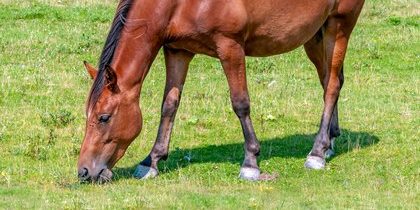
Our nutritionist explains how horses break down dietary fat despite not having a gallbladder for bile storage.

Both medical and surgical management resulted in more than 94% of treated horses surviving to discharge from one hospital, researchers found.

Of the 323 respondents, only 81 (25%) have had a gastroscopy performed on their horse to check for ulcers.

A “GIP” antagonist could provide an alternative way to combat metabolic disease in equids, researchers found.

Both anti-inflammatory drugs reduced fecal microbial diversity, which could negatively impact horse health.
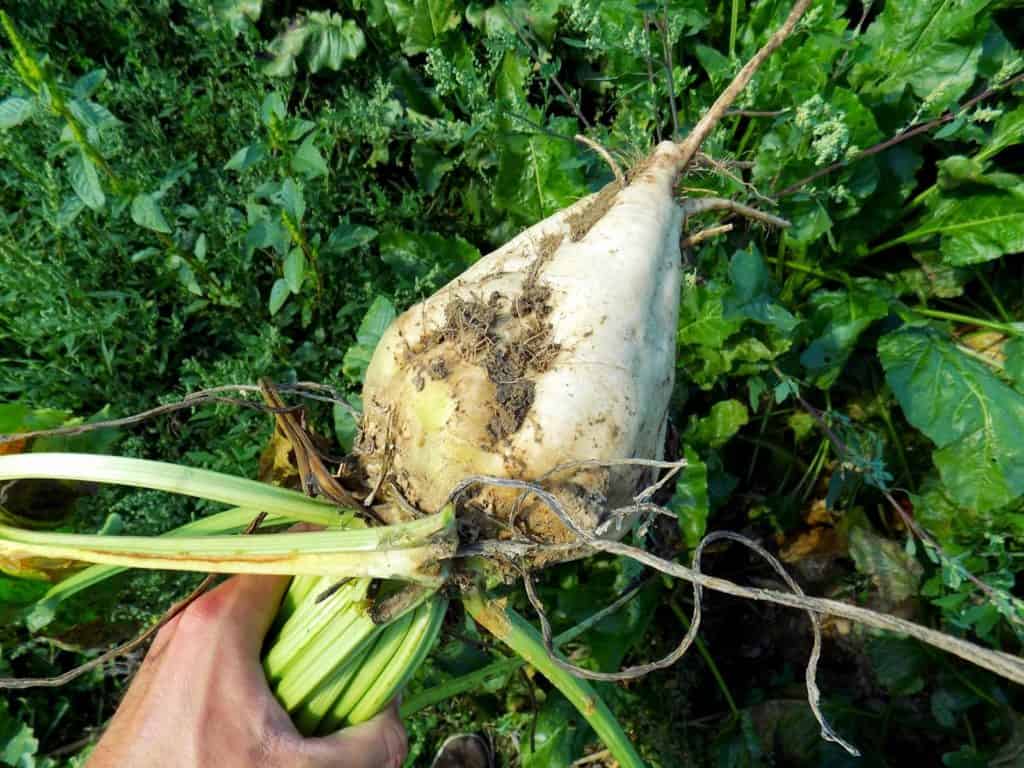
Is the sugar content in beet pulp too high for some horses? Read an equine nutritionist’s answer.
Stay on top of the most recent Horse Health news with
"*" indicates required fields